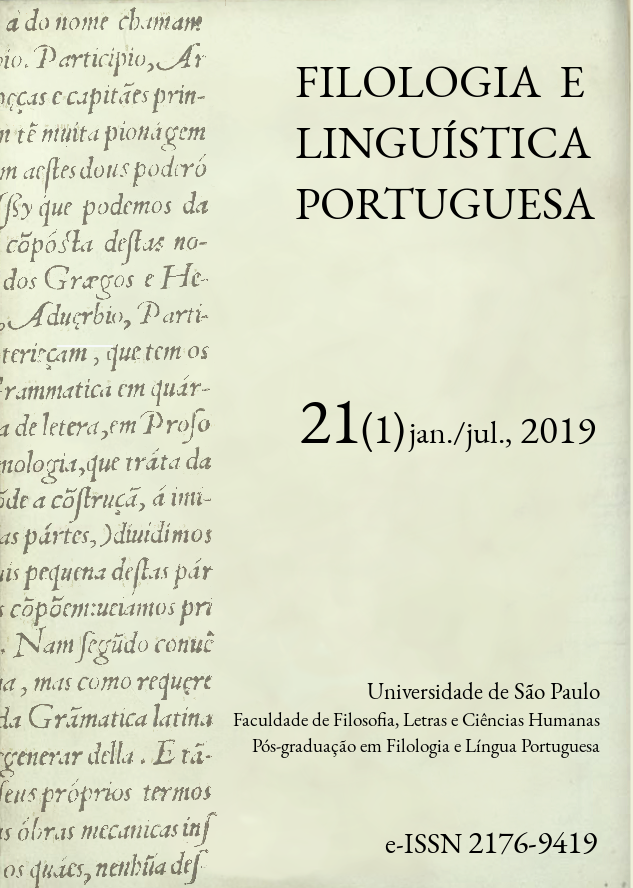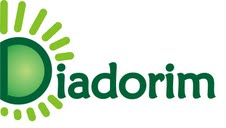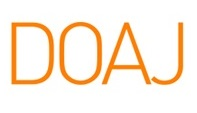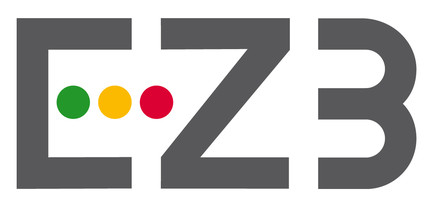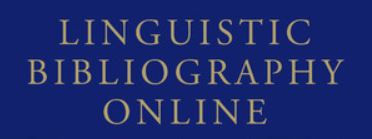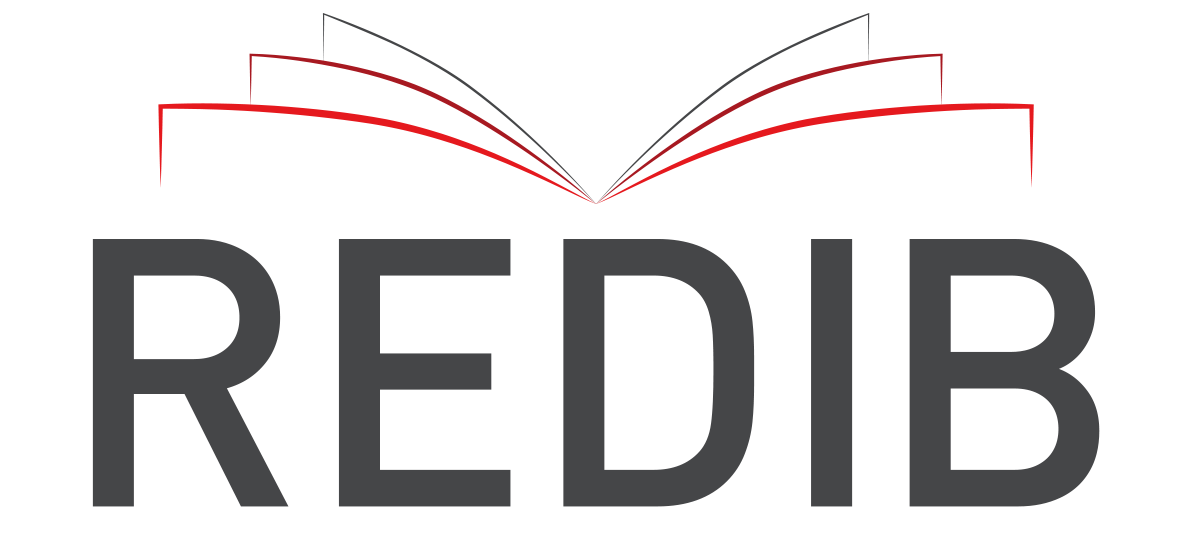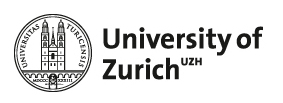Dialogues with Marcuschi: sociocognition, argumentation and teaching
DOI:
https://doi.org/10.11606/issn.2176-9419.v21i1p9-24Keywords:
Sociocognition, Comprehension, Argumentation, TeachingAbstract
Studies that interweave cognitive science to the questions about human interactions via languages in Brazil have, in Marcuschi, one of its main exponents, because the author has dedicated himself to the semantic, pragmatic, referential and inferential, constitutive and constituent elements of orality and writing and their productions of meaning from a sociocognitive perspective, which was underexplored at the time when the author began to develop its works in the 70's. We established dialogues with these Marcuschi studies, relating them to the teaching of argumentation, in order to understand specific processes of learning in the area of Portuguese Language. We examined the responses of an argumentative teaching activity performed by twenty-one undergraduate students with attention focused on the cognitive and linguistic mechanisms activated for comprehension. After the analysis, we can affirm that the teaching-learning of the argumentation must consider the stages of the processes and the cognitive activities of the students, since it is by its cognitive activation that students can understand argumentative discursive genres, as well as reach certain mental states, but not finished, as is the opinion.
Downloads
References
Dascal M. Interpretação e compreensão. Rocha MHL, tradutora. São Leopoldo: Unisinos; 2005.
Dascal M. Linguagem como tecnologia cognitiva [aula inaugural]. Porto Alegre: Curso de pós-graduação em Filosofia, Universidade do Vale do Rio dos Sinos; 2008 [publicado em 04 de setembro de 2017]. Disponível em: https://www.youtube.com/watch?v=coknMODBcdQ&t=860s.
Fauconnier G. Mental spaces. Aspects of meaning construction in natural languages. Cambridge: MIT Press; 1985.
Fauconnier G. Mappings in thought and language. Cambridge: Cambrigde University Press, 1997.
Instituto Nacional de Estudos e Pesquisas Educacionais Anísio Teixeira (INEP). Avaliação Nacional da Alfabetização: relatório 2013-2014. Brasília; 2015. Volume 2: análise dos resultados.
Instituto Paulo Montenegro (IPM). Indicador de Analfabetismo Funcional (INAF). Estudo especial sobre alfabetismo e mundo do trabalho. São Paulo: SP; 2016.
Karnal L. Tornar-se mulher. Quanto mais frágil a sociedade julga ser uma pessoa, mais a atacará [internet]. Estado de São Paulo. 2017 março 8; seção de cultura [citado 9 mar. 2017]. Disponível em: https://cultura.estadao.com.br/noticias/geral,tornar-se-mulher,70001690623
Kerbrat-Orecchioni C. Texte et contexte. SCOLA – Sciences Cognitives, Linguistique & Intelligence Artificielle. 1996;6:40-59.
Lakoff G. Linguistics gestalts. Papers from the thirteenth regional meeting of the Chicago Linguistic Society. 1977;14-16:236-287.
Marcuschi LA. Produção textual, análise de gêneros e compreensão. São Paulo: Parábola Editorial; 2008.
Marcuschi LA. Cognição, linguagem e práticas interacionais. Rio de Janeiro: Lucerna; 2007a.
Marcuschi LA. A propósito da metáfora. In: Marcuschi LA. Fenômenos da linguagem. Reflexões semânticas e discursivas. Rio de Janeiro: Lucerna; 2007b.
Marcuschi LA. A construção do mobiliário do mundo e da mente: linguagem, cultura e categorização. In: Miranda, NS, Name, MC, organizadores. Linguística e Cognição. Juiz de Fora: Ed. UFJF; 2005. p.49-77.
Marcuschi LA. Compreensão de texto: algumas reflexões. In: Dionísio, AP, Bezerra, MA, organizadores. O livro didático de Português: múltiplos olhares. Rio de Janeiro: Lucerna; 2003. p. 46-59.
Marcuschi LA. Do código à cognição: o processo referencial como atividade criativa. Veredas, Juiz de Fora. 2002;6(1):43-62.
Marcuschi LA. O hipertexto como um novo espaço de escrita em sala de aula. Linguagem & Ensino, Pelotas. 2001;4(1):79-111.
Marcuschi LA. Exercícios de compreensão ou copiação nos manuais de ensino de língua? Em Aberto. 1996;69:66-82.
Ministério da Educação (MEC), Base Nacional Comum Curricular (BNCC). Brasília: Secretaria de Educação Básica; 2018.
Perelman C, Olbrechts-Tyteca L. Tratado da argumentação - a nova retórica. Galvão ME, tradutora. São Paulo: Martins Fontes; 2002.
Downloads
Published
Issue
Section
License
Copyright is transferred to the journal for the online publication, with free access, and for the printing in paper documents. Copyright may be preserved for authors who wish to republish their work in collections.


